Learn why you should hide the guidebook.
By Sarah Binder
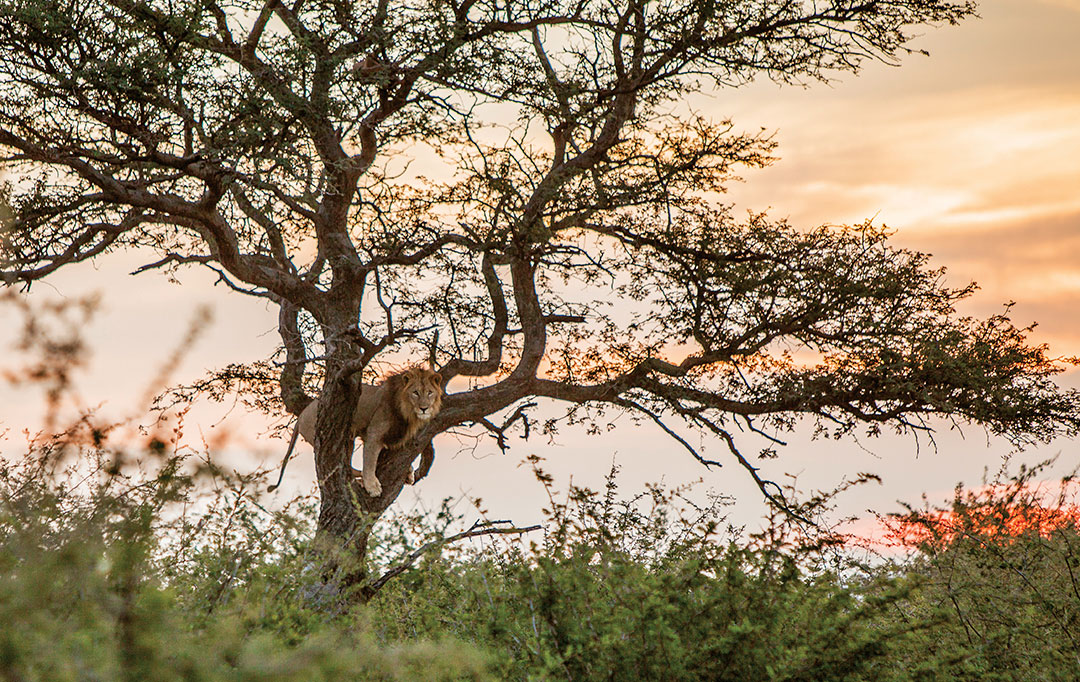
Photo courtesy Ker & Downey; ©Rosita Stumpel
Luxury travel used to involve a simple formula — determine where you want to go; work with a provider to book the essentials; and enjoy “luxuriousness,” which likely would not extend beyond the trappings of your boutique hotel room.
As the ultimate caretakers of precious leisure and family time, several trailblazing companies — renowned for thought leadership, unparalleled customer service, extensive networks, and encyclopedic knowledge — are responding to their clients’ desire for more meaningful luxury travel.
In recent years, a new phrase has caught hold in the luxury tourism industry: experiential travel. The descriptor gives a name to a type of travel that the savviest providers and clients already embraced — a wish to completely immerse oneself in a destination. To connect with its soul, rather than check off recommended, overcrowded sites with Instagram selfies that are forgotten as quickly as they are snapped.
“Experiential travelers want to dive deeper into authentic, local cultures, connecting with people in ways that enrich their lives and create lasting memories,” explains Stephanie Click, marketing manager for Ker & Downey. “We have noticed a trend towards ‘travel with a soul’ — clients who don’t just want to ‘go,’ but also want to ‘do’ and ‘be’ as much as possible.”
Safaris are often described as the first form of experiential travel, and providers are devising innovative ways to take guests off the beaten path. Abercrombie & Kent offers a private, tented safari in East Africa. It features a mobile and self-sufficient camp, so clients aren’t restricted to locations with game lodges, says Stephanie Papaioannou, vice president of Tailor Made and Private Travel.
The top luxury travel providers bring to the table intimate first-hand knowledge of both classic and emerging destinations worldwide, as well as a vast network of resources that can elevate tailored activities to a whole other level.
“We have a special relationship with Paspaley, the largest and oldest pearling company in Australia,” says Drew Kluska, founder of South Australia-based The Tailor. “They invite us into their grading room, where the best graders in the world demonstrate their process. They’ve been doing this for 80 years and will pull out the best 50 pearls they have ever seen from their exclusive collection.”
Kluska grew up in rural, off-the-radar South Australia before attending university and majoring in agricultural science. His upbringing — combined with later tourism experience in Kenya — led him to launch the company, which showcases Australia through hand-crafted luxury journeys complemented by the perspectives of generations of locals.
“Australia is virtually untouched in many areas. The rural population, people who live on the land, is very small,” he explains. “I was able to tap into people that live in remote areas, in order to create what I call a people-to-people experience. This kind of experience didn’t exist previously in Australia.”
Kluska and others understand that a destination’s people are its heart and soul; meaningful personal interactions are a key component of experiential travel.
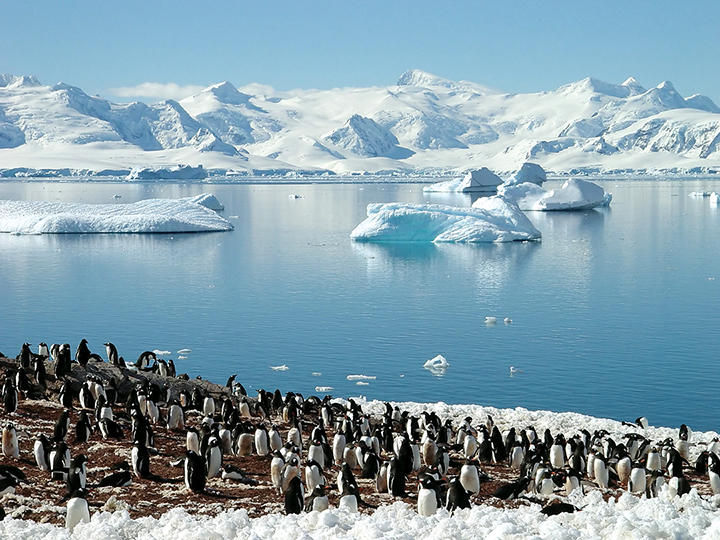
Ker & Downey offered several days of private guided helicopter tours in Antarctica, led by a professional photographer, for two clients who were also professional photographers. ©istockphoto.com/ Kira Kaplinski
In New Zealand, Ker & Downey guests can accompany a former fisherman aboard his yacht to his favorite fishing spots throughout the Marlborough Sounds and the islands of Tonga, meeting the locals he has formed friendships with over the years. Or, in Bulgaria, guests can set off on a horseback ride amid the Rhodope Mountains to St. Ilia Chapel. There, they will meet its local painter — a young man who says he has been called by God to restore the chapel, says Click.
Other personal encounters may be higher-profile. “Often, we will involve people who have nothing to do with travel, but who have expertise or valuable insights to share,” says Philippe Brown, founder of London-based Brown + Hudson. For example, the company planned a bespoke South Africa honeymoon in which a couple sat down and talked with Archbishop Emeritus Desmond Mpilo Tutu, the 1984 Nobel Peace Prize winner famous for helping to bring about the downfall of the apartheid regime.
Whatever the preferred activities, high-end experts are pros at helping clients travel “where they want, when they want, with whom they want, and in whatever style they choose, from luxurious to adventurous,” says Papaioannou. She adds, as travelers’ motivations continue to evolve, the definition of “real luxury” may shift, but it remains distinguished by three hallmarks.
“Real luxury has authenticity, flexibility, and a sense of well-being. Authenticity means the product is true to its place and traditions, incorporating elements of the past and reflecting the local culture,” she explains. “Flexibility refers to service that anticipates your needs and satisfies them in an unobtrusive manner. And a sense of well-being comes from knowing you are traveling with a first-class organization for whom the word ‘impossible’ does not exist.”
Kluska predicts that future luxury travel may entail what he calls “pop-up experiences.” For example, guests may travel to pop-up lodges in remote regions during limited times of the year, to enjoy rare experiences such as a desert in bloom.
No matter its make-up, all luxury experiential travel supports universal goodwill. “Our style of travel brings clients straight to the source of each destination’s identity, and leaves them with an understanding of its people and culture,” says Click. “Being an open-minded traveler leads to being an open-minded citizen, and as the world becomes more connected, we think that is important.”
Destination Surprise!
Going above and beyond the usual specifications to help clients articulate why they want to travel can help planners translate those motivations into unforgettable experiences.
Philippe Brown, founder of London-based Brown + Hudson, describes how his team conducts extensive personal interviews to determine their clients’ quirks, likes, dislikes, motivations, their definition of luxury, and outcomes sought. Ultimately, the team distills and presents a client with a set of goals, which serves as a guiding framework for creating his bespoke itinerary.
“We delve carefully into our clients’ psyche to find out what makes them tick, who they are, and what their story is,” says Brown. “We work like a cross between a therapist and an investigative journalist.”
This in-depth discovery process serves Brown + Hudson well in its most ambitious concept: A Journey with No Destination. Unique in the luxury tourism industry, these completely customized journeys are designed so that the destination and itinerary are unknown to the client until she arrives, or right before the flight.
“I wondered whether travel could potentially be all about the outcome rather than the place,” explains Brown. “My sense was, if people traveled to achieve a certain feeling, then perhaps the destination didn’t even matter. And thus, A Journey with No Destination was born.”
The thoughtful surprise itineraries focus on the outcome of the trip, or the feelings it will evoke for the client, which are discussed at length in the planning phase.
For example, the company connected one client with a charismatic local baker, who vacuum-packed the finished product for her to take home to New York. “The goal was to evoke childhood memories and embrace a simple longing for comfort and warmth,” says Brown.
The team builds suspense and playfully misleads clients through carefully crafted, pre-travel information, gifts, and activities, even convincing them that they’re traveling thousands of miles away from their actual destination. Clients have met the author of a book about the emotion of surprise or an archaeologist at a natural history museum.
The impactful grand reveal may not make sense immediately, such as a journey involving a Texan oil field to learn about culture. However, the reward is the enlightenment clients experience throughout their vacation. “We create an intellectual journey of self-exploration and discovery that transcends the physical journey,” Brown says.


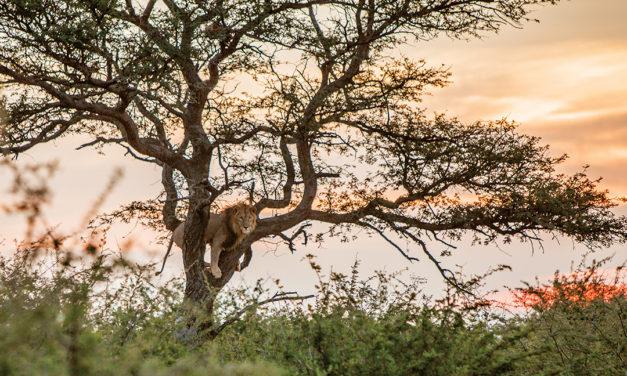
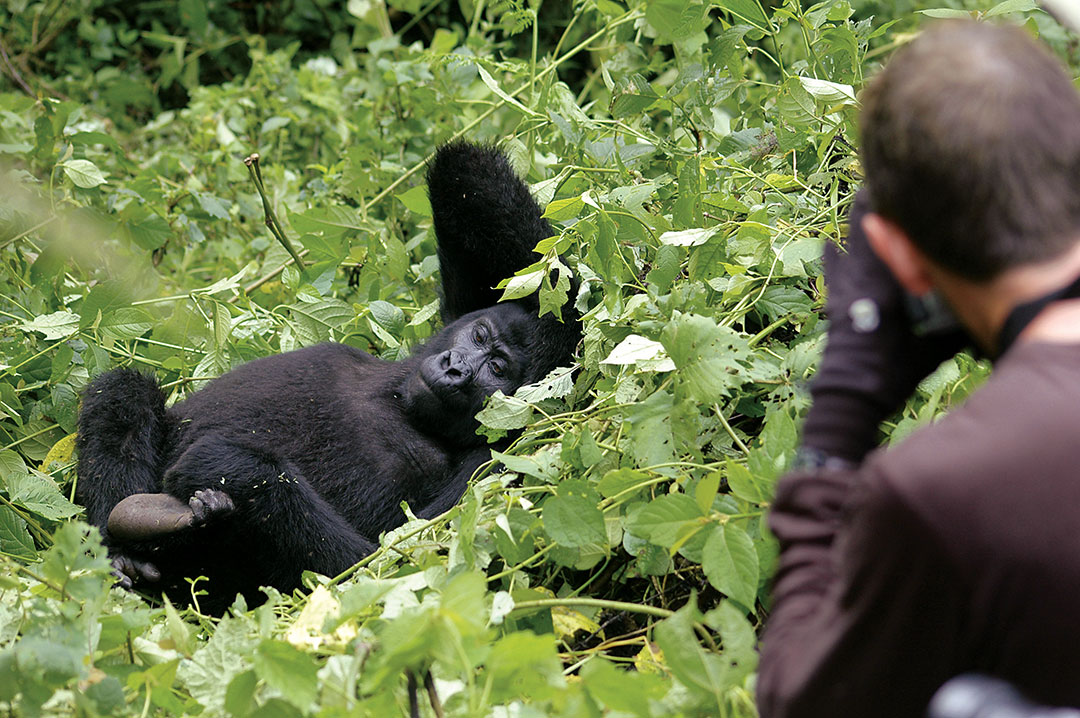
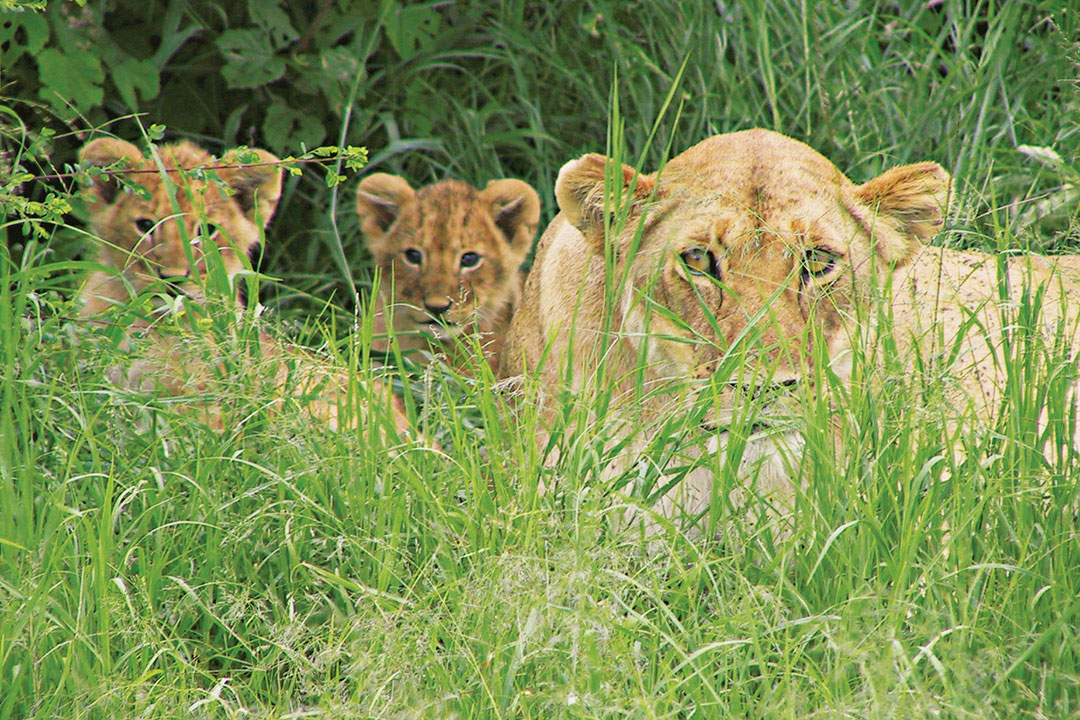
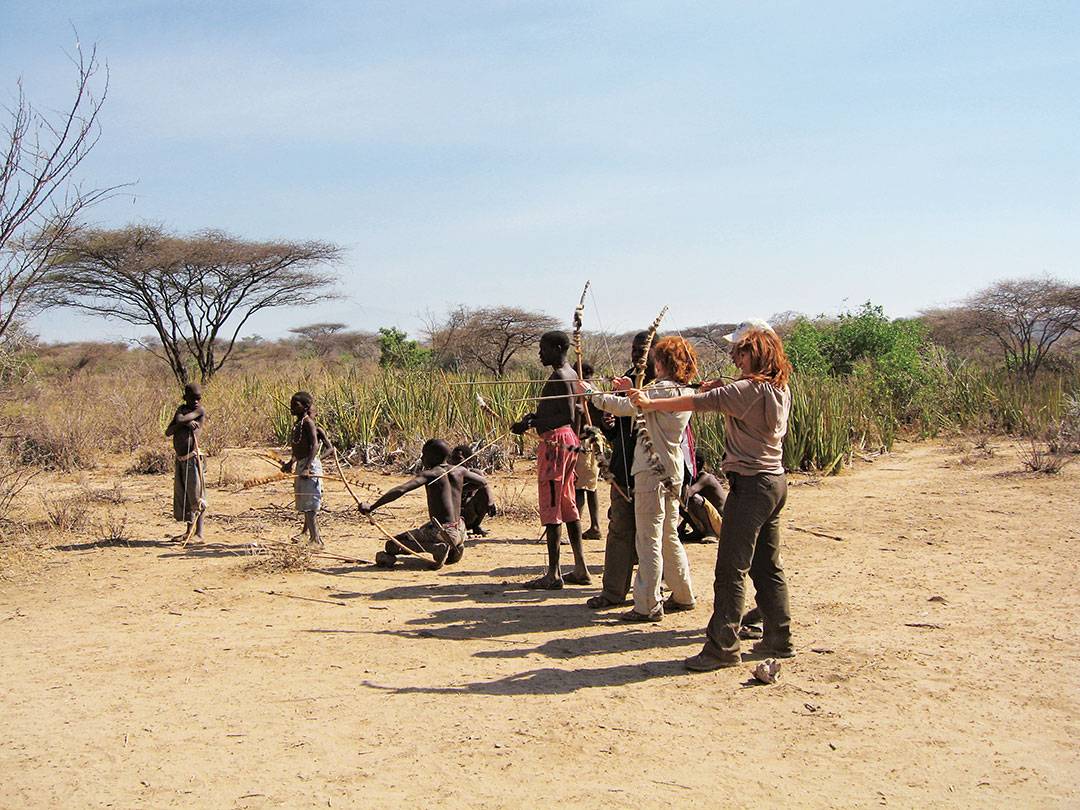
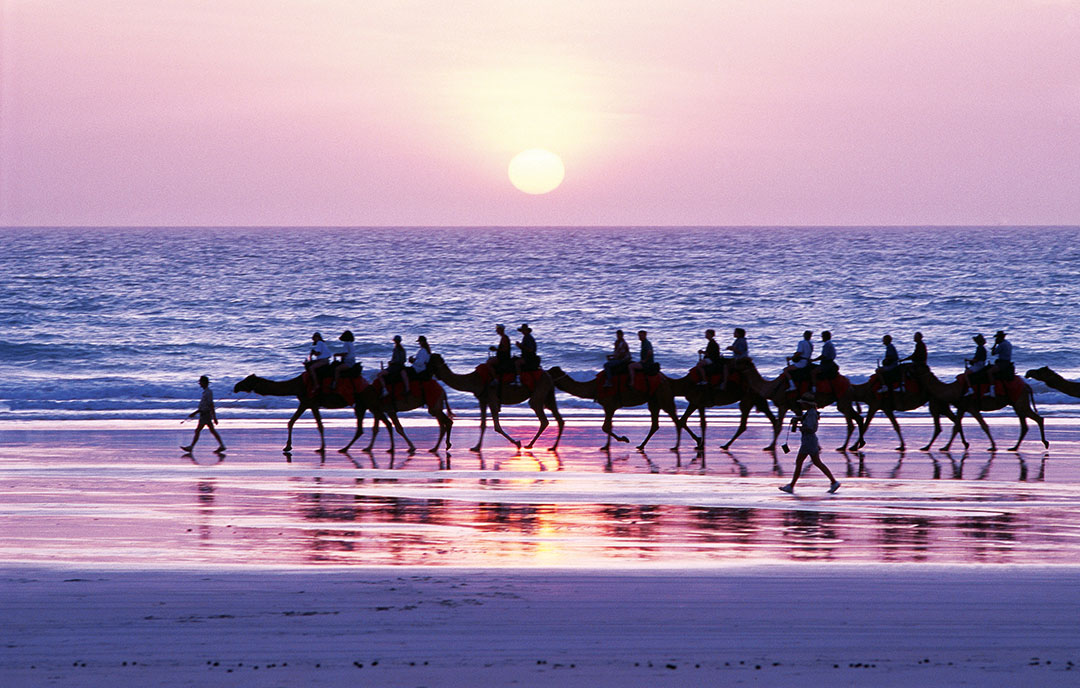
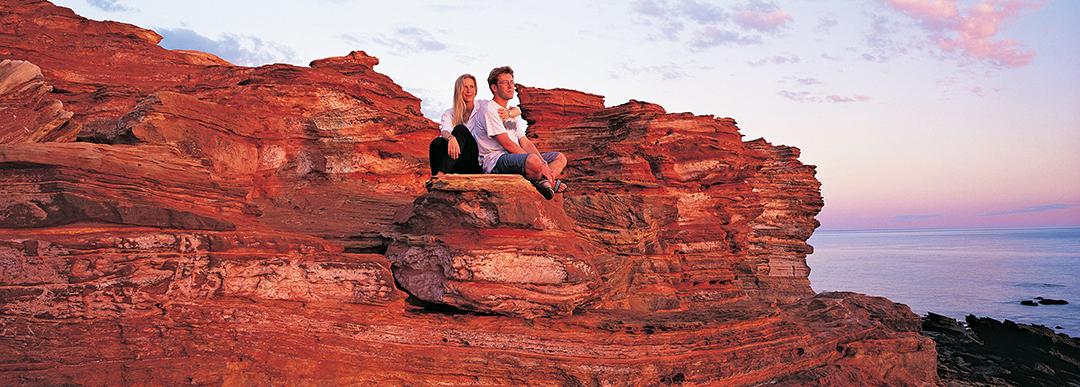
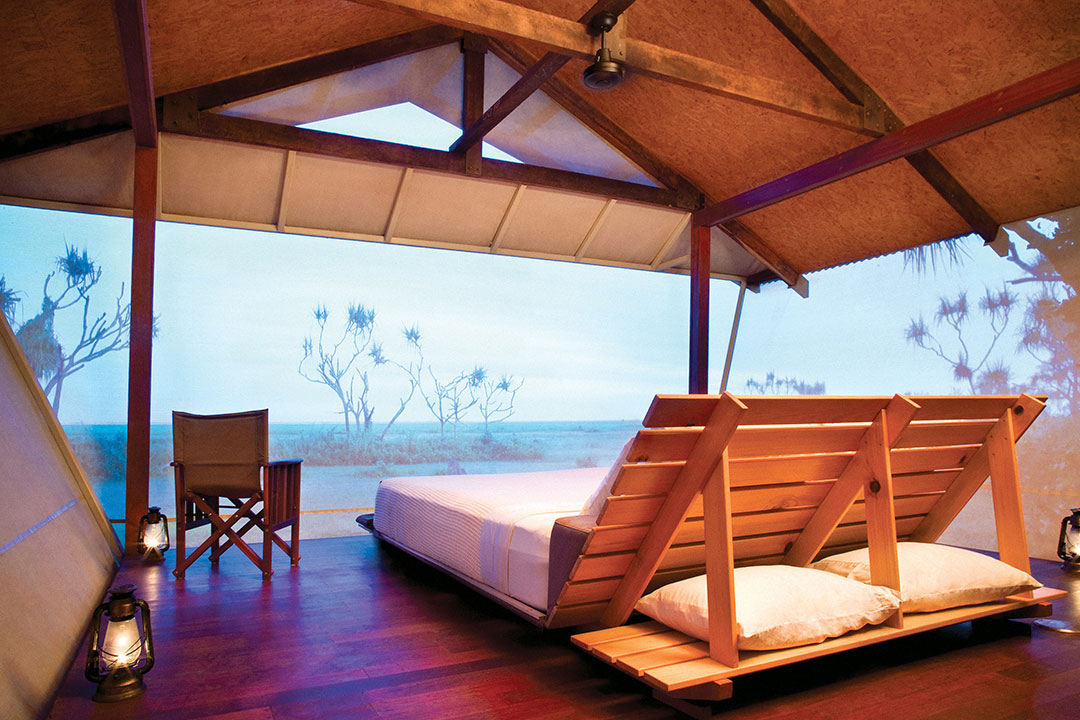
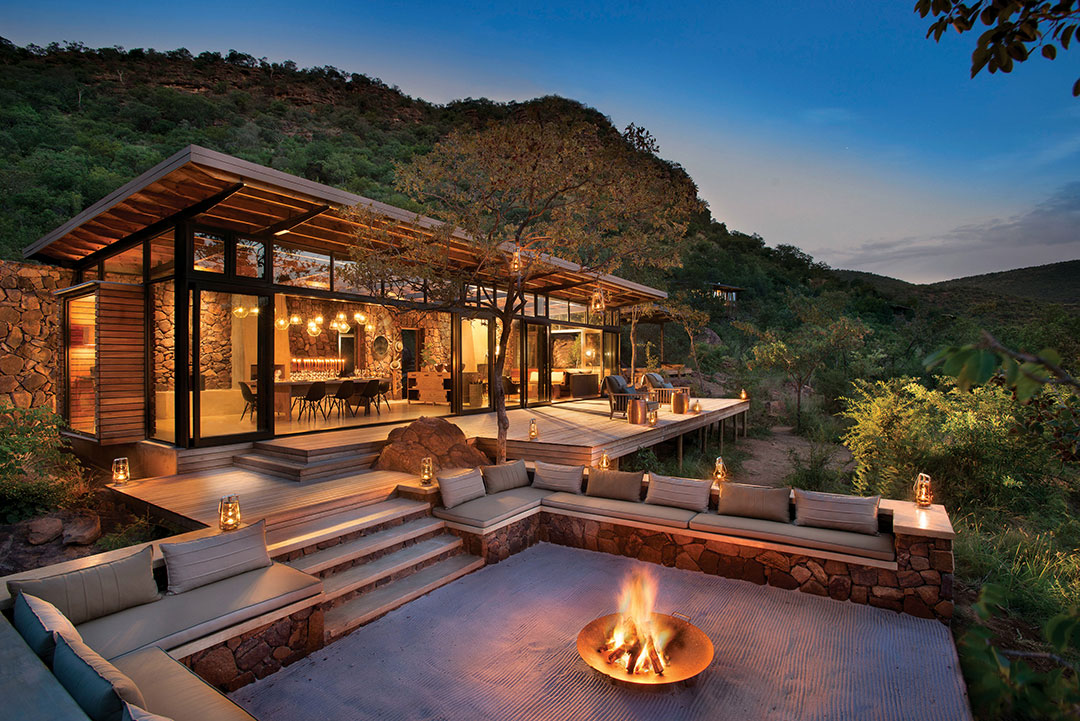
Leave a Reply